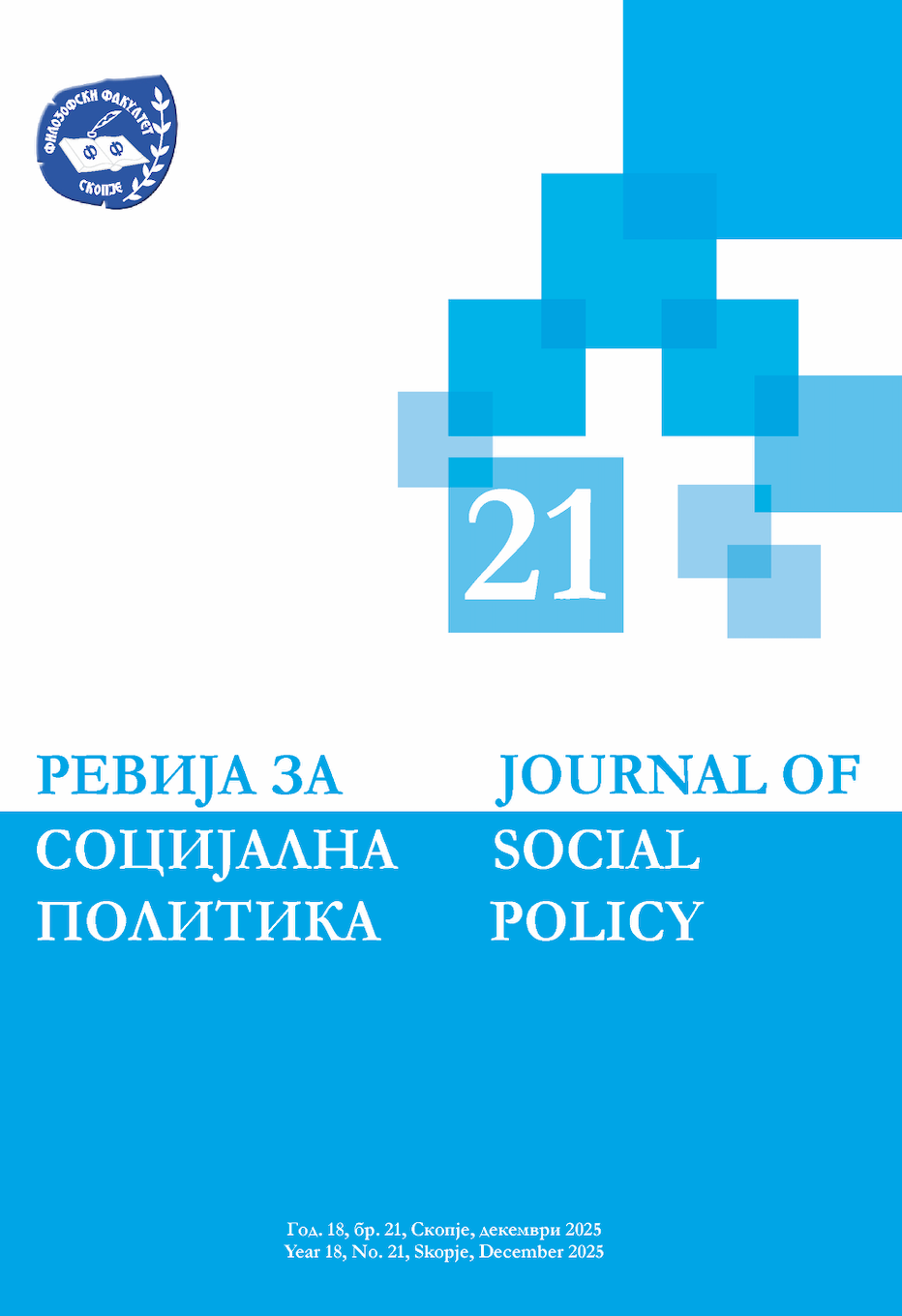Do flexible retirement policies contribute to extending working lives in Hungary?
ДОИ:
https://doi.org/10.37509/socpol25182151mКлучни зборови:
pensions system, flexible retirement, financial sustainabilityАпстракт
The increase in the old-age dependency ratio is putting pressure on public finances in ageing societies. Among the possible policy reform approaches postponing retirement can be particularly beneficial from the perspective of financial sustainability of pensions systems. In this article the aim is to present how opportunities for flexible retirement have changed in the past decade in Hungary and whether these policies have contributed to extending working lives. Our analysis shows that retirement flexibility is limited in the Hungarian pension system. Most possibilities for early retirement have been eliminated from the system during the reforms that followed the Great Financial Crisis. Opportunities for early retirement with full pension benefits are limited to women with at least 40 service years. On the other hand, retirement is flexible upwards, that is people can defer retirement and might also choose to work while receiving pensions. Flexible retirement policies promoting later withdrawal from the labour force, such as deferred retirement and the possibilities to combine work with pensions contributed to extending working lives in Hungary. It is also certain that the possibility for women to retire before the pensionable age (Women-40 scheme) lowered the overall effective retirement age, as women retiring under this option retired earlier than other women. Allowing more flexibility in retirement decision might improve well-being, on the other hand the costs of transitioning to a system allowing more flexibility for early retirement can be substantial.
Превземања
Преземања
Објавено
Издание
Секција
Дозвола
Авторско право(c) 2025 Márton Medgyesi

Овој труд е лиценциран под Creative Commons Attribution-NonCommercial 4.0 International License.
The journal allows the author(s) to hold the copyright without restrictions.
The journal allows the author(s) to retain publishing rights without restrictions.










